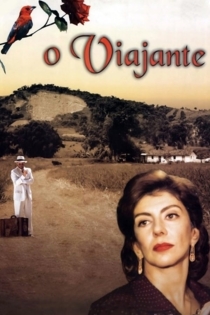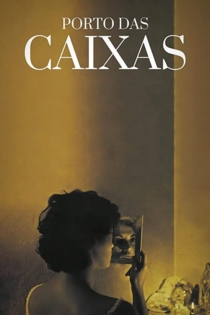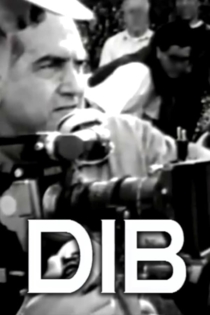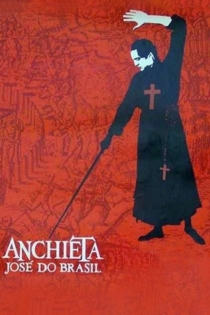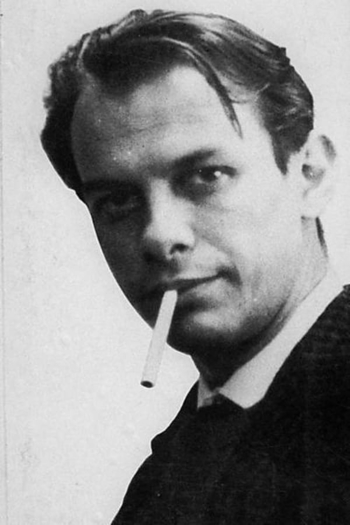
Paulo César Saraceni
1933 - 2012Depois do Transe
Paloma Rocha, Joel Pizzini
Glauber Rocha, Paulo Autran
The documentary "Depois do Transe" covers the entire process of creating the masterpiece "Entranced Earth", which was released and awarded at the Cannes Film Festival in 1967. "Entranced Earth" charmed the world and won great admirers such as filmmaker Martim Scorsese and the writer Marguerite Duras, who at the time considered a "fabulous filmic opera."
Depois do Transe
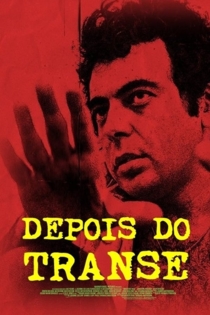
Improvisiert und zielbewusst: Cinema Novo
Joaquim Pedro de Andrade
Glauber Rocha, Arnaldo Jabor
Originally produced for German TV, Improvised and Purposeful is a firsthand look at the "Cinema Novo" movement (otherwise known as the 'Brazilian New Wave'). Director Joaquim Pedro de Andrade focuses on six Cinema Novo filmmakers working in Rio in 1967.
Improvised and Purposeful: Cinema Novo
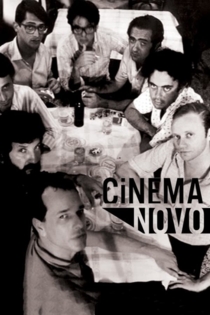
O Bom Cinema
Eugênio Puppo
Carlos Reichenbach, Rogério Sganzerla
An authentically marginal cinema created in Catholic university in Brazil. One of the most intriguing and imaginative moments in modern cinema in the voice of some of its select conspirators—with Carlos Reichenbach at the lead—, and through the most razing flow of images that can possibly be conceived.
The Good Cinema
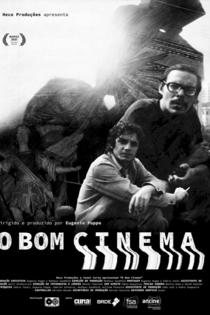
Glauber Rocha - The Movie, Brazil's Labyrinth
Silvio Tendler
Glauber Rocha, Orlando Senna
Documentary about Brazilian filmmaker Glauber Rocha, one of the most important names in the Cinema Novo, with interviews with some of his friends and colleagues.
Glauber Rocha - The Movie, Brazil's Labyrinth
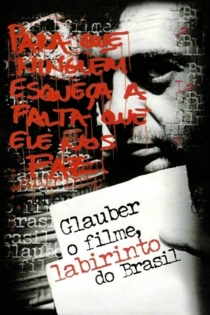
Sermões - A História de Antônio Vieira
Júlio Bressane
Othon Bastos, Antônio Abujamra
Based upon the life story of Father Antonio Vieira, born in Lisbon in 1608 and deceased in Salvador, Bahia, in 1697. He's considered the first Brazilian writer and one of the most important aesthete of linguistic and of the Portuguese language of all times, a master in the art of metaphor, of verbal relations and analogy. He was persecuted and condemned by the Portuguese Court of Inquisition due to his position against native slavery, against the intolerance to the Jewish people and to the colonial politics of exploration.
Sermões: A História de Antônio Vieira
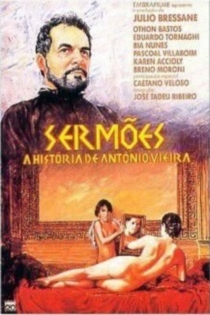
Natal da Portela
Paulo Cézar Saraceni
Milton Gonçalves, Almir Guineto
Biography of one of the legendary names in the Samba genre of Brazilian music. Although he could hardly dance or play an instrument, he became one of the main composers of Portela, an important Samba "school" in Rio de Janeiro.
Natal da Portela
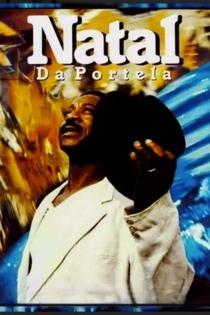
Arraial do Cabo
Mário Carneiro, Paulo Cézar Saraceni
Ítalo Rossi
The arrival of a chemical plant in a fishermen haven brings along social transformations, interfering with the local traditions. A landmark of Cinema Novo, the result of a partnership between Mario Carneiro and Paulo Cesar Saraceni.
Arraial do Cabo
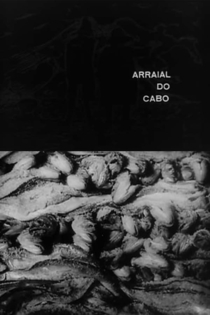
Cinema Novo
Eryk Rocha
Nelson Pereira dos Santos, Glauber Rocha
A deep investigation, in the way of a poetic essay, on one of the main Latin American movements in cinema, analyzed via the thoughts of its main authors, who invented, in the early 1960s, a new way of making movies in Brazil, with a political attitude, always near to people's problems, that combined art and revolution.
Cinema Novo
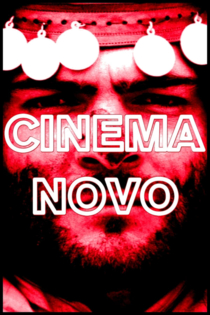
Integração Racial
Paulo Cézar Saraceni
A comprehensive view of the situation of different ethnic groups in Brazil. In the testimonies gathered in the streets and neighborhoods of various capitals, black, white, mulatto, Portuguese, Italian and Japanese express their opinion and describe personal experiences involving relationship, racism, miscegenation and cultural exchange.
Racial Integration
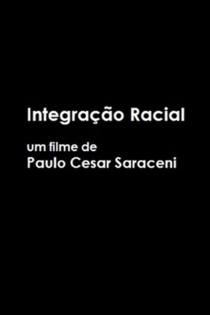
A Casa Assassinada
Paulo Cézar Saraceni
Norma Bengell, Tete Medina
Newly wed arrives at her husband's family house, in the country. The heavy atmosphere of the house frightens her, and she takes refuge in her homosexual son-in-law's room, who is kept locked and hidden from society. A tragedy occurs, causing her departure. She's only to return seventeen years later, and sick.
The Murdered House
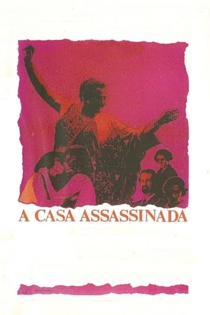
O Desafio
Paulo Cézar Saraceni
Isabella Cerqueira Campos, Oduvaldo Vianna Filho
Passively facing the repression imposed by military dictatorship in Brazil in the 60s, a journalist gets into a personal crisis, aggravated by his love affair with an industrialist's wife, who doesn't want to leave her home because of her son
The Dare
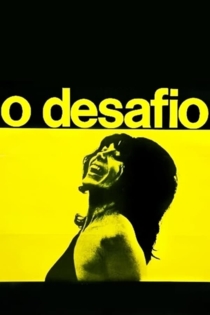
Bahia de Todos os Sambas
Paulo Cézar Saraceni, Leon Hirszman
João Gilberto, Gilberto Gil
Between August 23 and 31, 1983, at the "Circo Massimo", in Rome, there was a musical event that brought together artists from Bahia. This film brings a recording of the event, also featuring backstage, rehearsals, testimonies and some relaxing moments of these great names in Bahia's music.
Bahia de Todos os Sambas
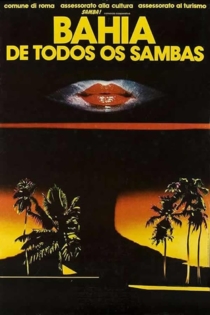
O Viajante
Paulo Cézar Saraceni
Marília Pêra, Leandra Leal
Fortune takes four human beings to the last frontier of passion. There, where love becomes almost inhuman and divine. As if he was a comet, Rafael, the traveler, appears at the party for the cities patron saint, in a small town in the interior of Minas Gerais. He is the one who brings passion and crime, vanishing afterwards, leaving a poetic feeling in the air, which is always deadly to the ones who stay. Mrs. Ana de Lara, the proud rich widow, and Missy, still a child, whose beauty and innocence are like the Tiê-Sangue, a red bird, are the travelers victims. There is also Master Juca do Vale, a criminal, whose passion turns him incredibly human, in this story of love, death, forgiveness and resurrection.
O Viajante
